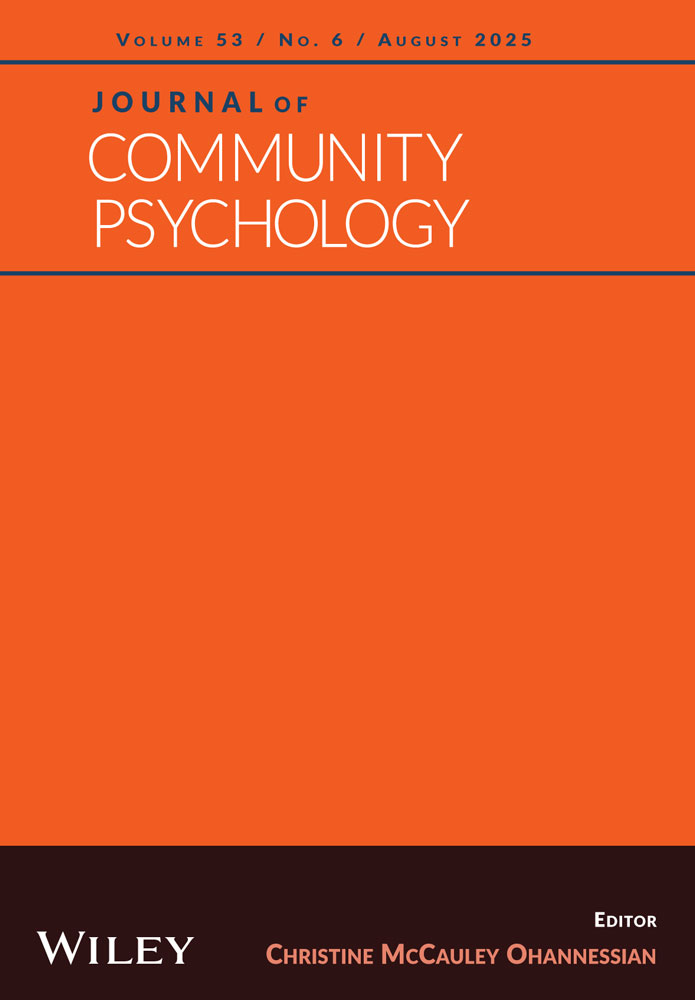Evaluation of a fire-safety training program for preschool children
Abstract
Children under the age of 5 are 2.5 times more likely to die from fire than any other childhood age group. The work described here is an empirical evaluation of a fire-safety program for preschool children, involving 10 child-care facilities and 443 children ages 3, 4 and 5 years. Children in six centers received an 18-week fire-safety training program called Kid Safe. Children in four other centers were assigned to the delayed-treatment condition and constituted the comparison group. All children were pretested using a comprehensive measure of fire-safety knowledge before the start of the study. The same test was readministered to all children following presentation of the program to the treatment group. At each of the three ages, children in the treatment group showed significantly greater knowledge gains from pretest to post-test than did children in the comparison group. Interestingly, 3-year-olds showed the greatest change of any age group. These findings provide support for the value of training preschool children in fire safety as an important strategy for injury prevention in this age group. © 1996 John Wiley & Sons, Inc.




